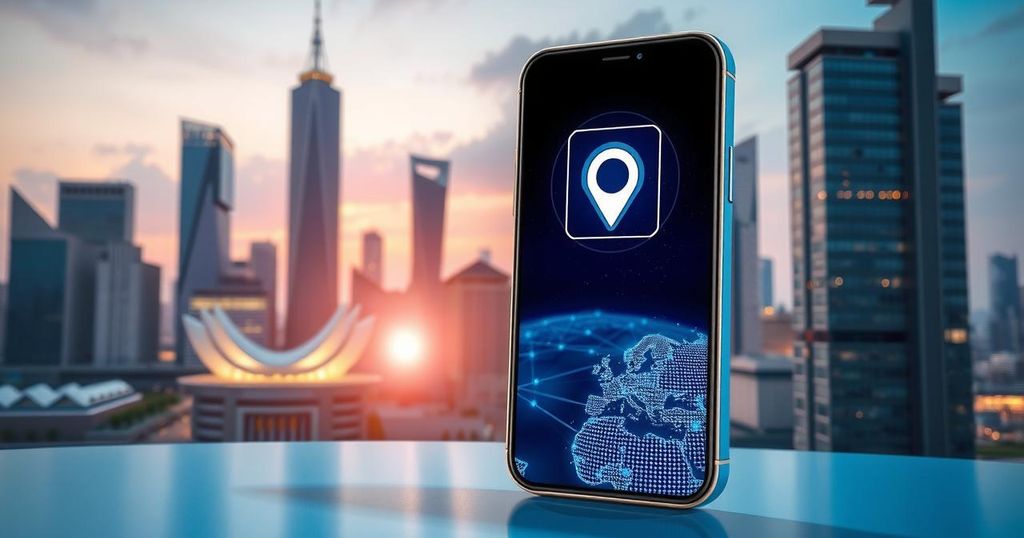Queensland’s mobile driver’s license app has exceeded 640,000 downloads since its late 2023 launch, marking a 15% adoption rate. As Australia’s first mDL compliant with ISO standards, it facilitates digital ID sharing in various jurisdictions. The app’s success is attributed to collaborative design, public engagement, and support across multiple sectors, with Thales ensuring robust security features. ABI’s principles offer guidance for future mDL implementations.
Queensland’s digital driver’s license app, which launched in late 2023, has proven extremely successful, achieving over 640,000 downloads—representing a 15% adoption rate among license holders within just seven months. This app stands out as Australia’s first mobile driver’s license (mDL) compliant with the ISO/IEC 18013-5 standard, allowing users to share their digital ID across various jurisdictions worldwide.
The initiative began in 2020 when the Queensland government introduced legislation to support digital driver’s licenses. According to an ABI Research Report, the app’s success stems from its collaborative development process and a strong emphasis on user-centric design, guided by public input and extensive research to meet user needs effectively.
A phased rollout initiated with smaller pilot programs allowed Queensland to implement iterative improvements effectively. The app has gained widespread acceptance in diverse sectors such as parcel delivery, vehicle rentals, banking, and hospitality, showcasing its practical benefits in real-world applications.
Developed by Thales, the Queensland Digital License App is built around ISO/IEC 18013-5 standards, ensuring high security and interoperability for mobile driver’s licenses. This app utilizes biometric authentication and smartphone PIN locks, creating a robust digital security framework that can incorporate additional identity credentials seamlessly.
The ABI report identifies seven guiding principles for successful mDL implementation: (1) Prototype early and often; (2) Support multiple credentials; (3) Prioritize user control and privacy; (4) Employ biometric and cryptographic protections; (5) Align with global standards; (6) Educate both sectors on digital ID acceptance; (7) Maintain ongoing public engagement to clarify mDL benefits.
Thales anticipates that global mobile ID usage will reach 677 million by 2028, emphasizing that adopting these best practices can facilitate broader acceptance and establish digital identity as a vital element in governance and commerce.
In summary, Queensland’s mobile driver’s license app serves as a successful case study for mDL implementation, thanks to its user-centric design and adherence to international standards. The application’s rapid adoption reflects its utility across various sectors, and the insights from the ABI report can guide other jurisdictions aiming to implement digital IDs effectively. Its anticipated future growth underscores the importance of digital identity in the evolving landscape of governance and commerce.
Original Source: www.biometricupdate.com





